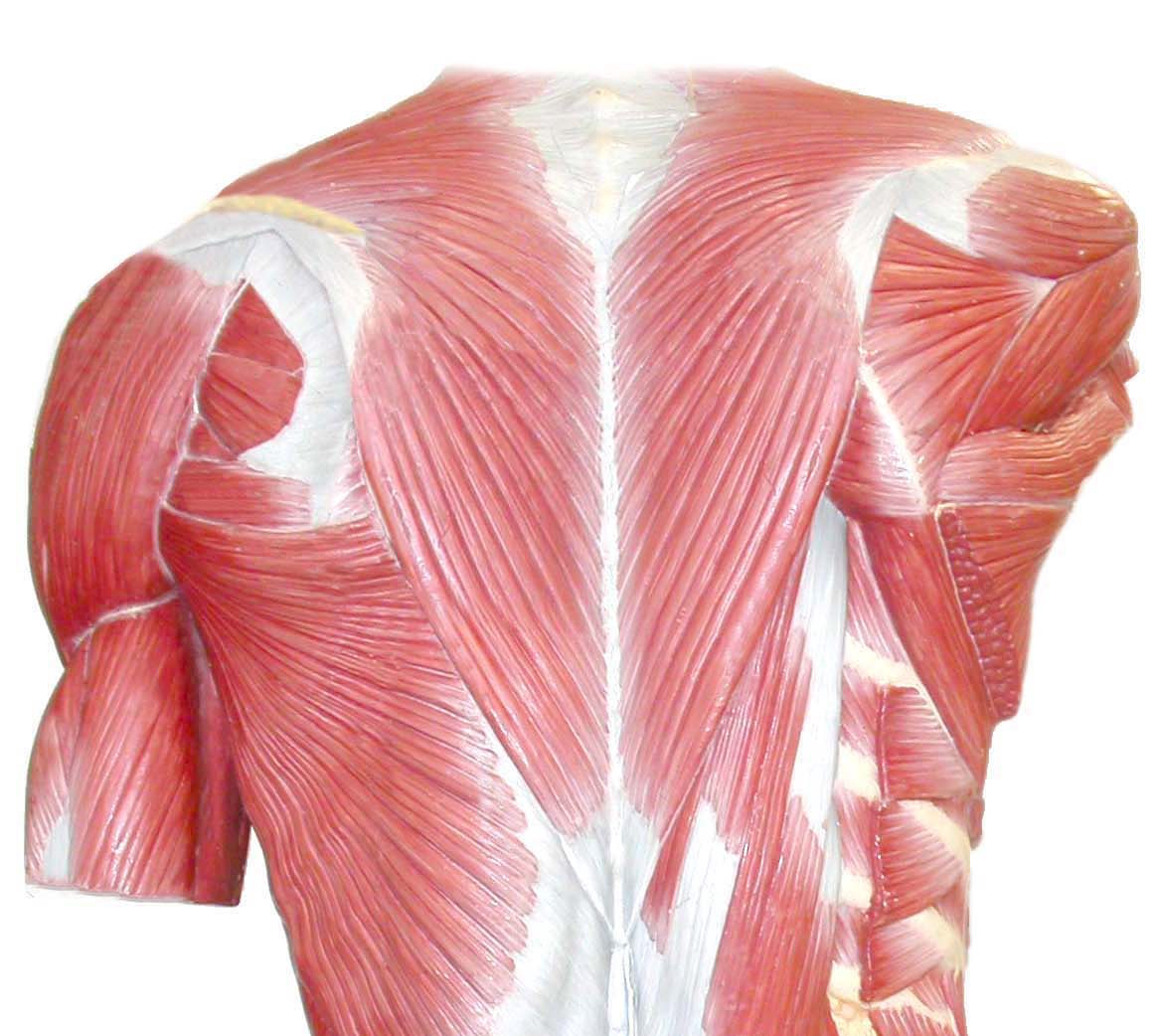Your cart is currently empty!

Nutrient Timing, Muscle Growth, & Performance
Posted by:
|
On:
|
Protein Timing: Does It Really Matter for Muscle Growth and Performance?
A research recap of M Lak, Bagheri R, Ghobadi H, et al. Timing matters? The effects of two different timing of high protein diets on body composition, muscular performance, and biochemical markers in resistance-trained males. Frontiers in Nutrition. 2024;11. doi:10.3389/fnut.2024.1397090
A new study published in Frontiers in Nutrition challenges the long-held belief that the timing of protein intake significantly influences muscle growth and strength in resistance-trained individuals. The research, led by Mohammadyasin Lak and a team of international scholars, investigated whether consuming protein immediately before and after exercise yielded better results than taking it three hours before and after training. Their findings suggest that total daily protein intake is more critical than precise timing for improving muscle performance and body composition.
The Study: Design and Methodology
The researchers recruited 40 resistance-trained males, aged 24 on average, and divided them into two groups. Both groups adhered to an eight-week resistance training program while consuming a high-protein diet of 2 grams per kilogram of body weight per day. One group ingested protein immediately before and after training, while the other consumed it three hours before and after their workouts.
The study measured several key variables before and after the intervention, including skeletal muscle mass (SMM), muscular strength, endurance, and biochemical markers such as urea and creatinine levels. Participants’ dietary intake was also monitored to ensure compliance with the prescribed protein consumption.
Key Findings: No Significant Advantage in Nutrient Timing and Muscle Growth
By the end of the study, 31 participants had completed the intervention. Both groups experienced significant increases in skeletal muscle mass, strength (measured via leg press and chest press exercises), and muscular endurance. Biochemical markers, particularly urea levels, also increased, indicating heightened protein metabolism.
However, the study found no significant differences between the two groups regarding improvements in body composition or performance. This suggests that while protein intake is crucial for muscle development, the specific timing of consumption relative to exercise does not provide additional benefits.
Implications for Athletes and Fitness Enthusiasts
For years, the concept of the “anabolic window”—a period immediately following exercise when muscles are believed to be particularly receptive to protein intake—has been widely accepted. This study, however, adds to growing evidence that protein consumption throughout the day is more important than consuming it at specific times.
This means that resistance-trained individuals may have more flexibility in structuring their protein intake without worrying about consuming it immediately around workouts. Instead, they should focus on meeting their daily protein requirements through balanced meals distributed evenly throughout the day.
Limitations and Future Research
While the study provides compelling insights, the researchers acknowledge several limitations. The sample size was relatively small, and participants had varying fitness levels and training backgrounds. Additionally, the study duration was limited to eight weeks, leaving room for further research on the long-term effects of protein timing.
Future studies could explore whether protein timing plays a more significant role in other populations, such as older adults, elite athletes, or those engaged in different forms of exercise. Researchers also suggest investigating different protein sources and their potential effects on muscle adaptation.
Conclusion: Focus on the Bigger Picture
The findings reaffirm that while protein intake is essential for muscle growth and strength, its precise timing around workouts is not as critical as previously thought. Instead of stressing over consuming protein immediately before or after training, resistance-trained individuals should prioritize meeting their overall daily protein requirements.
For fitness enthusiasts and athletes, this research provides a refreshing perspective—one that emphasizes consistency in nutrition rather than rigid adherence to specific timing protocols. As the field of sports nutrition evolves, understanding these nuances can help individuals optimize their training outcomes more effectively.
